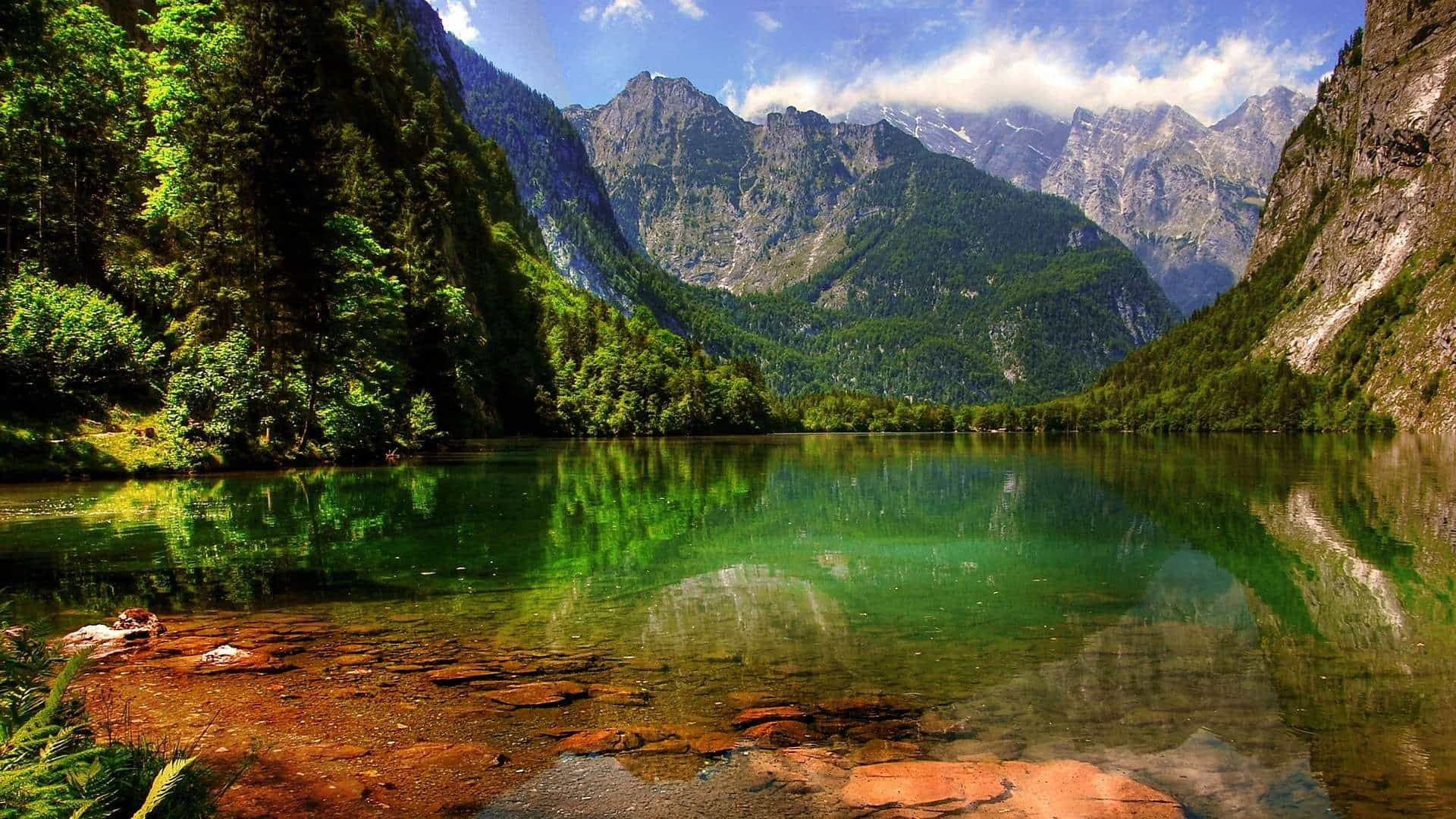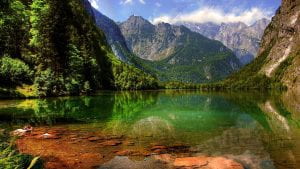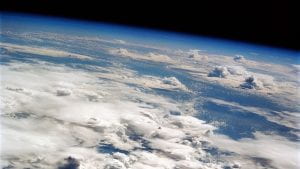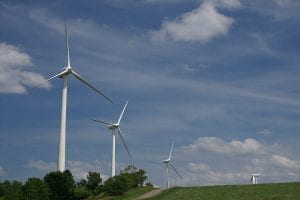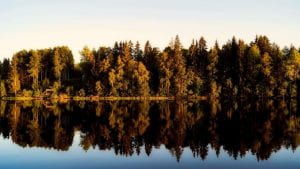A Philosophical Take on the Detrimental Climate Effects of European Colonization in North America

I would like to begin by recognizing that the land I sit on while I write was stolen in cold blood by European colonizers. On a once flourishing forest valley now sits tons upon tons of concrete. On land once occupied and cared for by Creek and Choctaw peoples now sits freshly mowed yellow lawns painted blue, overflowing drainage pipes, and office buildings filled with tired, underpaid workers. It is with a heavy heart that I mourn the loss of Indigenous people and their cultures at the hands of greedy White supremacist colonizers. With this article, I do not wish to convey that climate effects are the only or the most detrimental result of European colonization and their genocide of Native peoples. Life, culture, language, and knowledge, to name a few, are some of the more immense losses. The purpose of this article is not to reduce this catastrophic event to solely how it affects the climate today but to bring attention and reverence to Indigenous philosophies, traditions, and ways of life that can inform our modern discussions of climate change.
As a precursor to this article’s more philosophical take, you may want to read about the historical contexts of colonization. In this case, please check out this article recently posted by my colleague here at the IHR, Kala Bhattar.
Concrete Jungles
How do you provide for yourself and your family?
Your answer probably involves producing a product or carrying out a service that society deems valuable enough to attribute money to you for it. You then use that money to buy food, water, and shelter from those in your community who produce or own it. Money probably plays a huge role in your everyday life, and if you’re anything like me, it’s probably one of the larger stressors on your mental health. How much of our lives do we have to sacrifice doing hard labor or sitting behind computer screens in order to make enough money to stay alive to do that work all over again? When was the last time you ate food that you or your loved ones didn’t spend money on? When was the last time you wandered into a forest to breathe unpolluted air and observe the plants and bugs that call your land home? Why does modern culture demand of us that we focus all of our energy on acquiring wealth and ignore our own mental health to do so?

Modern Western society does not live “at one” or in harmony with the Earth. We no longer heavily rely on nature and the climate, but increasingly rely on money and the economy. It’s as if this planet is solely a stomping ground for a “holier than thou” species to level out and cover in concrete. The Earth has been screaming back at us for years. We’ve seen endangerment of species such as the monarch butterfly, rising sea levels, and one of the worst wildfire seasons to ever be recorded. This is consistent with deforestation, the degradation of the ozone layer, and rising global temperatures. These are all aspects of the climate that human activity has affected. In North America, the notion that humans are separate from the ecosystem, that distancing oneself from nature is “more civilized,” and that relying on the flora and fauna of one’s homeland is “primitive” or “dirty” roots all the way back to 1492.
Symbiotic Humanity
Before European pilgrims traveled over to the North American continent, the land was inhabited by vastly diverse Indigenous tribes and nations. Some of these tribes were nomadic and lived by moving around the landscape, hunting and gathering an array of foods as they traveled. Others were mostly stationary, growing crops and raising farm animals to provide for themselves and their communities. There were many groups with many different worldviews, religions, and philosophies. The one thing that united them all was their profound reverence for the forces of nature. They saw themselves as a part of the ecosystem of the land they lived on. It was an honor to raise crops and livestock and to participate in their homeland’s well-being. They promoted biodiversity, expressed empathy and gratitude towards the animals they ate, and valued cooperation in and between their communities. They practiced herbal medicine, tending to their sick and injured with natural remedies that they had identified to have healing properties. They even had their own forms of religion/spirituality centered around connecting one’s spirit to the Earth, feeling what Mother Nature needs, and providing that for her in exchange for her providing for them. The human population on the North American continent was thriving and developing. There was peace within and between nations for the most part. All of their needs were taken care of so they could focus on negotiations rather than violence.

Property and Greed
When the Europeans arrived, the Americans taught them how to live on their continent. They taught them how to grow crops in their soil, hunt for their own food, and use every part of the animal including the hide, bones, and meat. They were more than willing to allow these settlers to join them in their symbiotic relationship with nature. To them, more people meant a more diverse and stronger community to help each other out.
One can imagine their surprise when the Europeans introduced them to greed. They introduced them to the ideas of personal property, wealth hoarding, and social status based on material goods. They saw all of this land as unclaimed and up for grabs since the Americans had no formal ownership system. They started violently enforcing this ‘property view’ of land onto the Americans. They would claim plots of land as their own and hoard all of the resources that could be obtained from it. They also were not fond of the Americans’ religion. They started threatening them with eternal damnation if they didn’t convert to Catholicism. They called them “primitive” for their symbiotic relationship with nature, and “savages” for their denial of Christianity.
Centuries later, after colonizing the East Coast, the English-speaking Europeans separated from the British monarchy and believed it was their god-given manifest destiny to own the land all the way to the West Coast. So they loaded up their swords and crossed the Appalachian mountains, slaughtering and relocating the Native people along the way. Although many Native tribes had helped Great Britain during the Revolutionary War, Great Britain was nowhere to be found when the colonizers perpetuated their genocide.
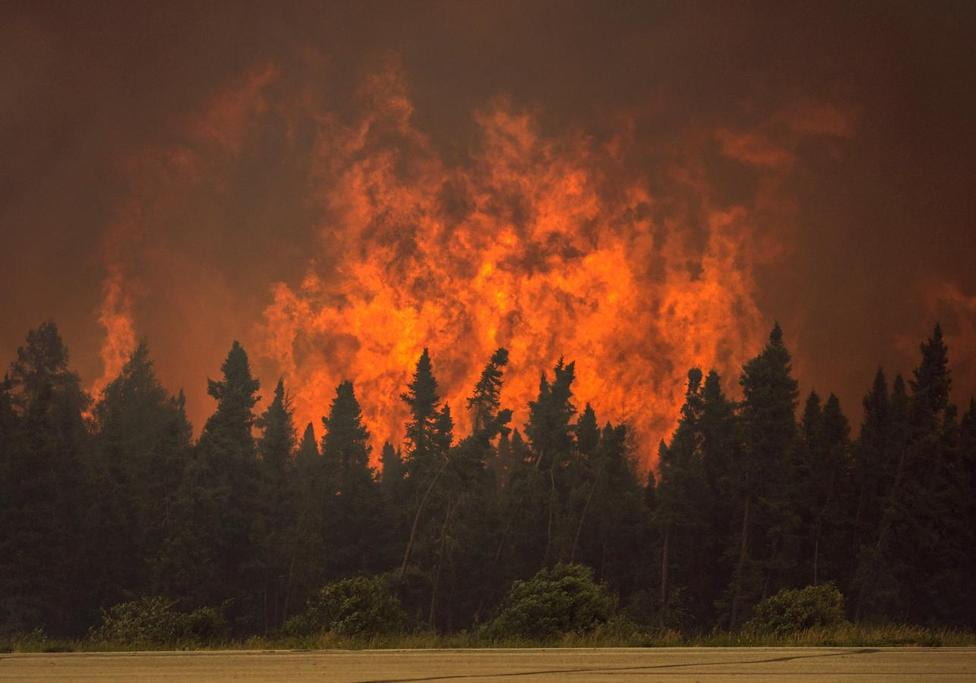
A Culture of Climate Apathy
Today, we live in a world where we mow our lawns once a month and call it environmental care. We plant uniform gardens outside our homes solely for aesthetics without caring that the ‘weeds’ we pull up are the only sources of food for certain butterfly and bumblebee species. We stomp spiders into our carpets for daring to wander onto our property. We spray poison on our foods so that humans are the only ones that can eat them, and we pack hundreds of cows into small barns with no ventilation to steal their children’s food for ourselves before slaughtering them when they stop producing. We can’t survive without constant air conditioning (partly because global temperatures have been consistently warming for over 50 years) and the air we share has record-high levels of carbon in it.
We have taken ownership of the Earth and drained it of its resources. The Earth was never meant to be claimed for oneself; it was never meant to be commodified. It was never meant to be drained of oil to fill the pockets of wealthy CEOs. The Earth was meant to be shared by all its living beings. Similarly, humans were never meant to be in solitude. We were meant to live symbiotically with each other and with nature. Greed has divided us as one humanity; it murdered the Native American tribes and robbed the Earth of its biggest supporters. And I am afraid that Mother Nature might never accept our apology.
